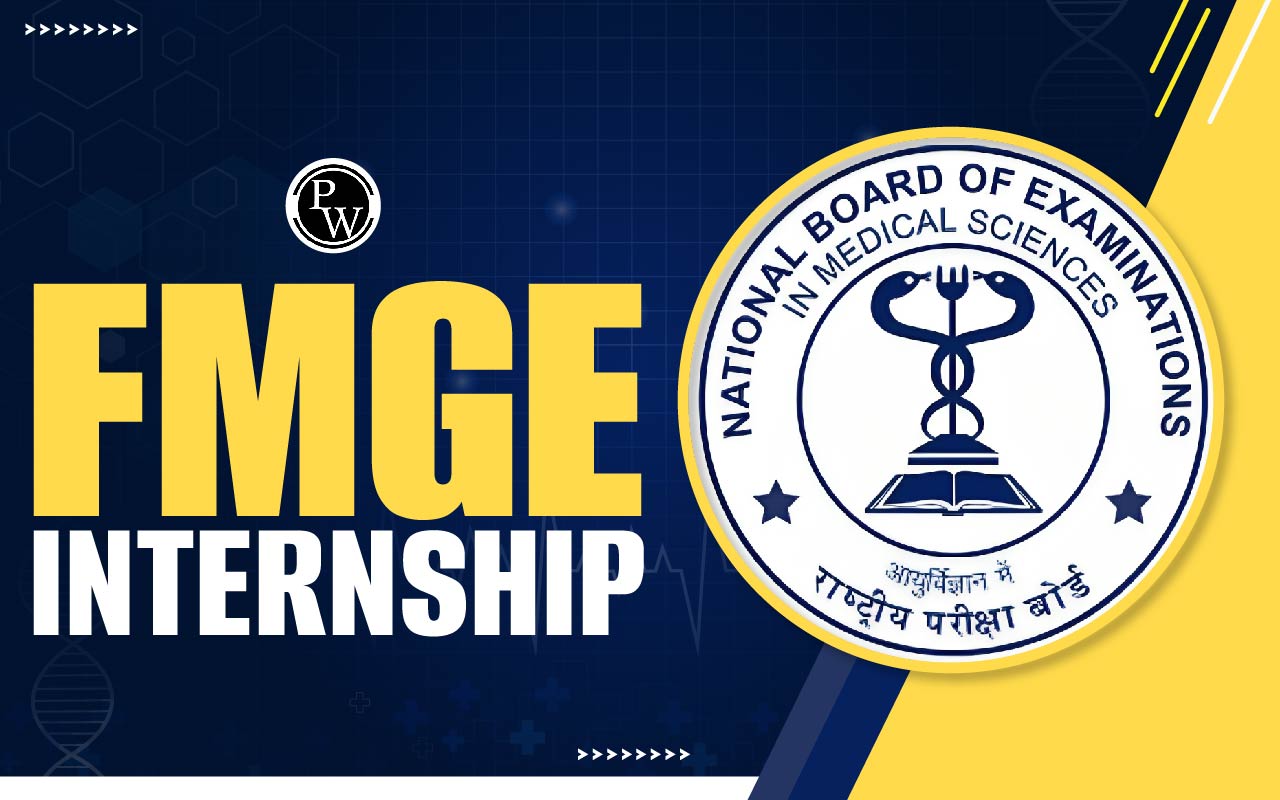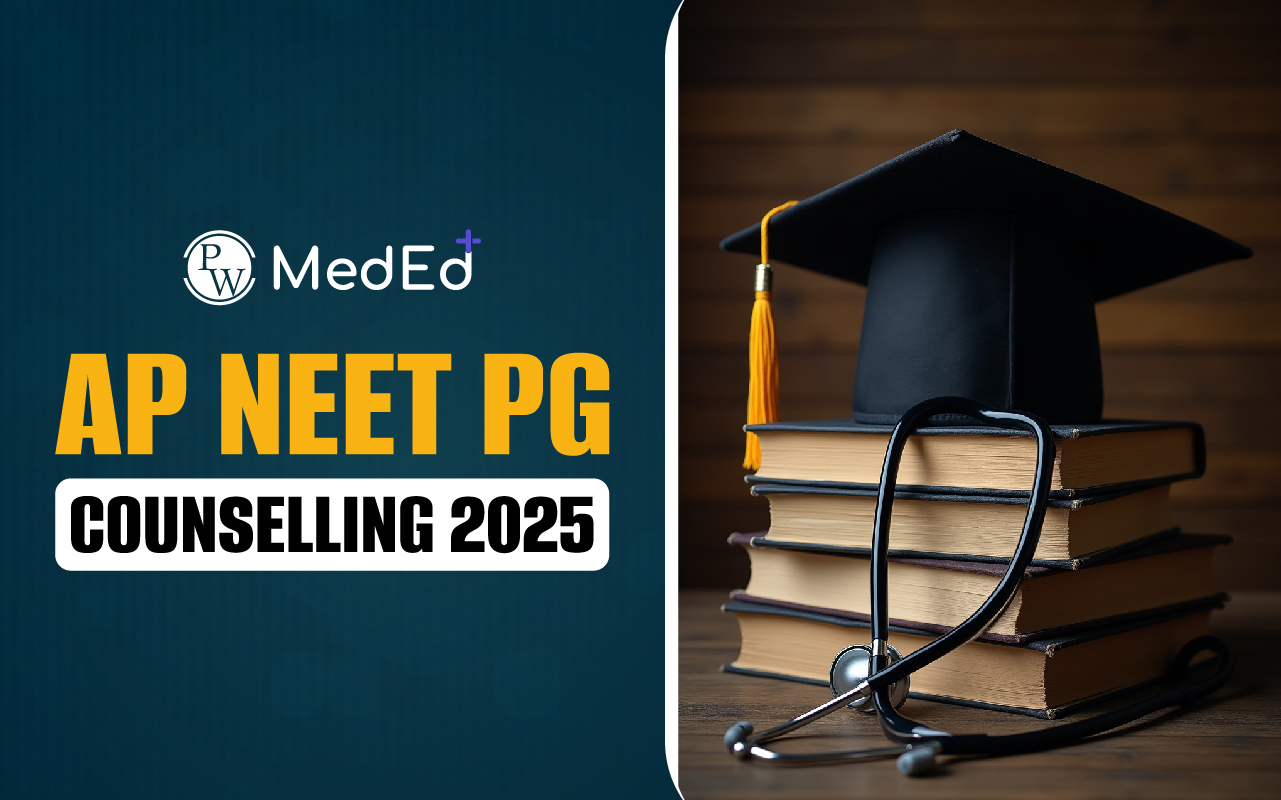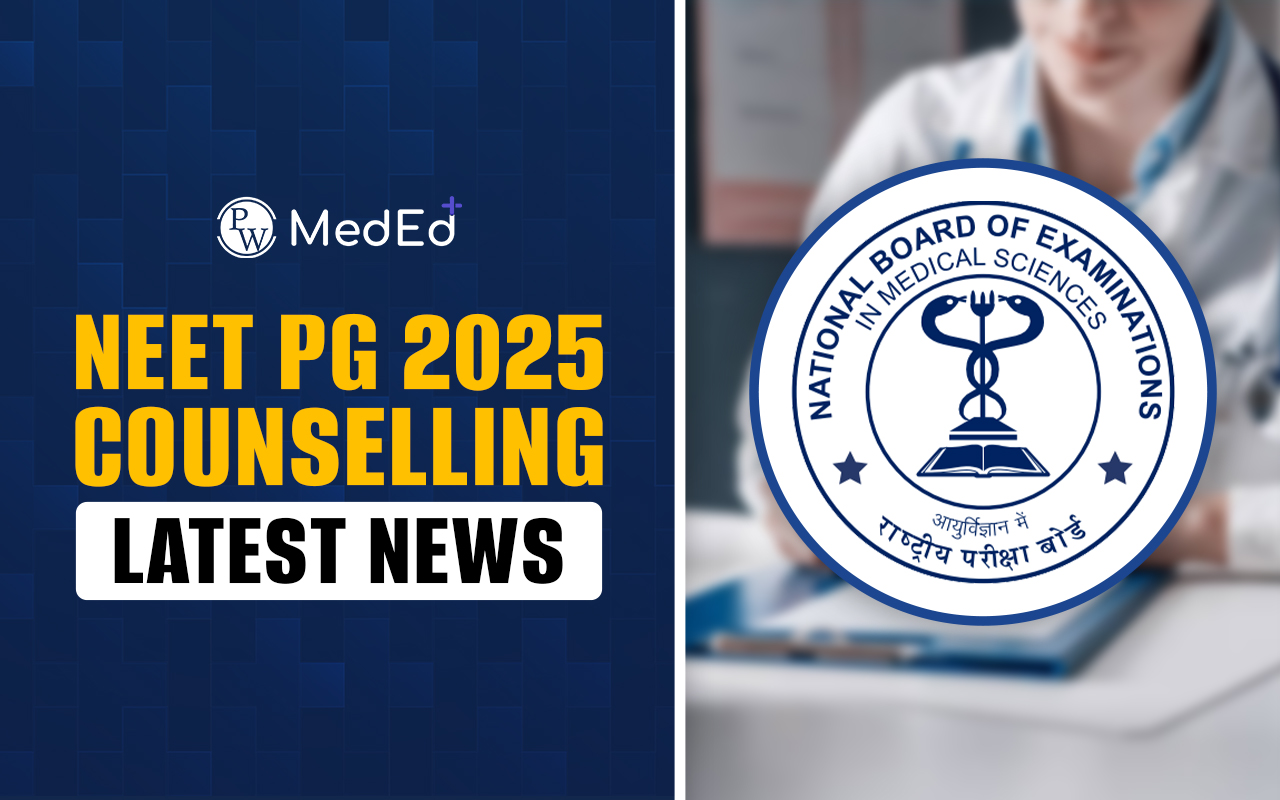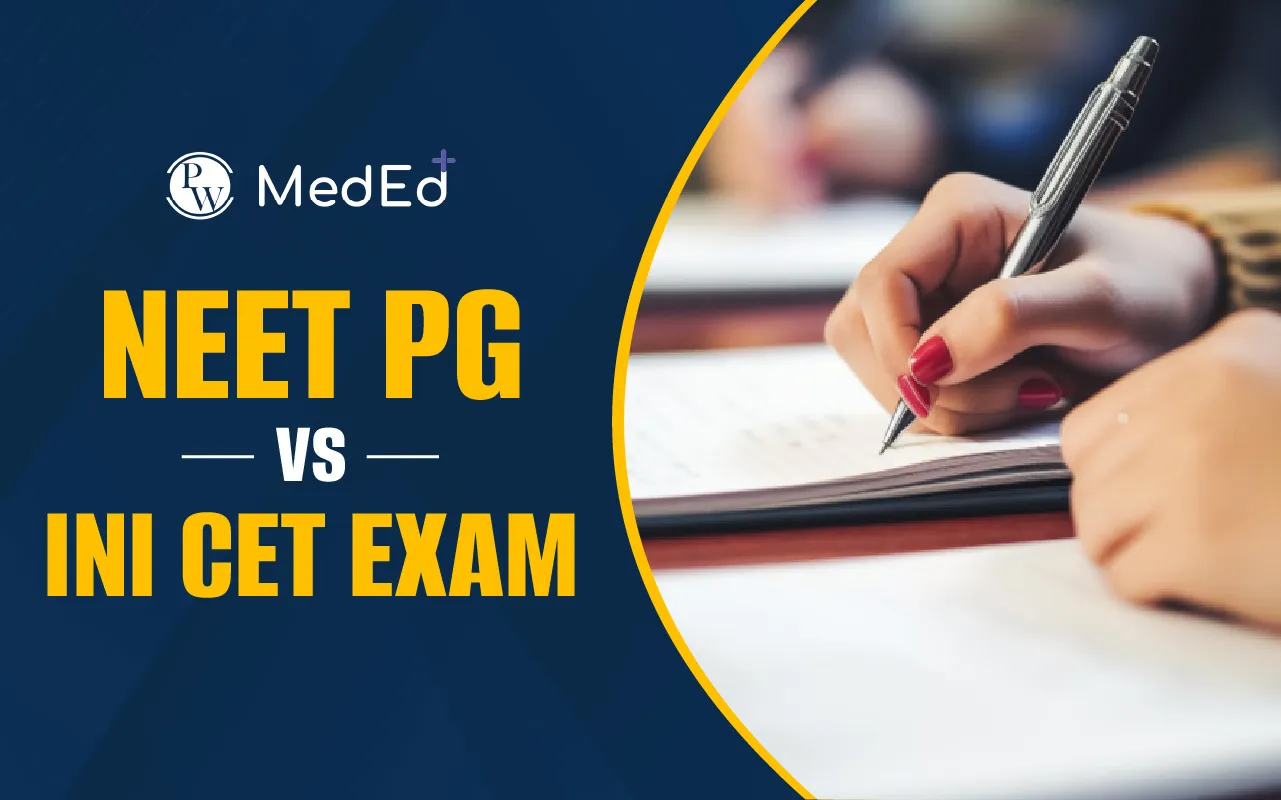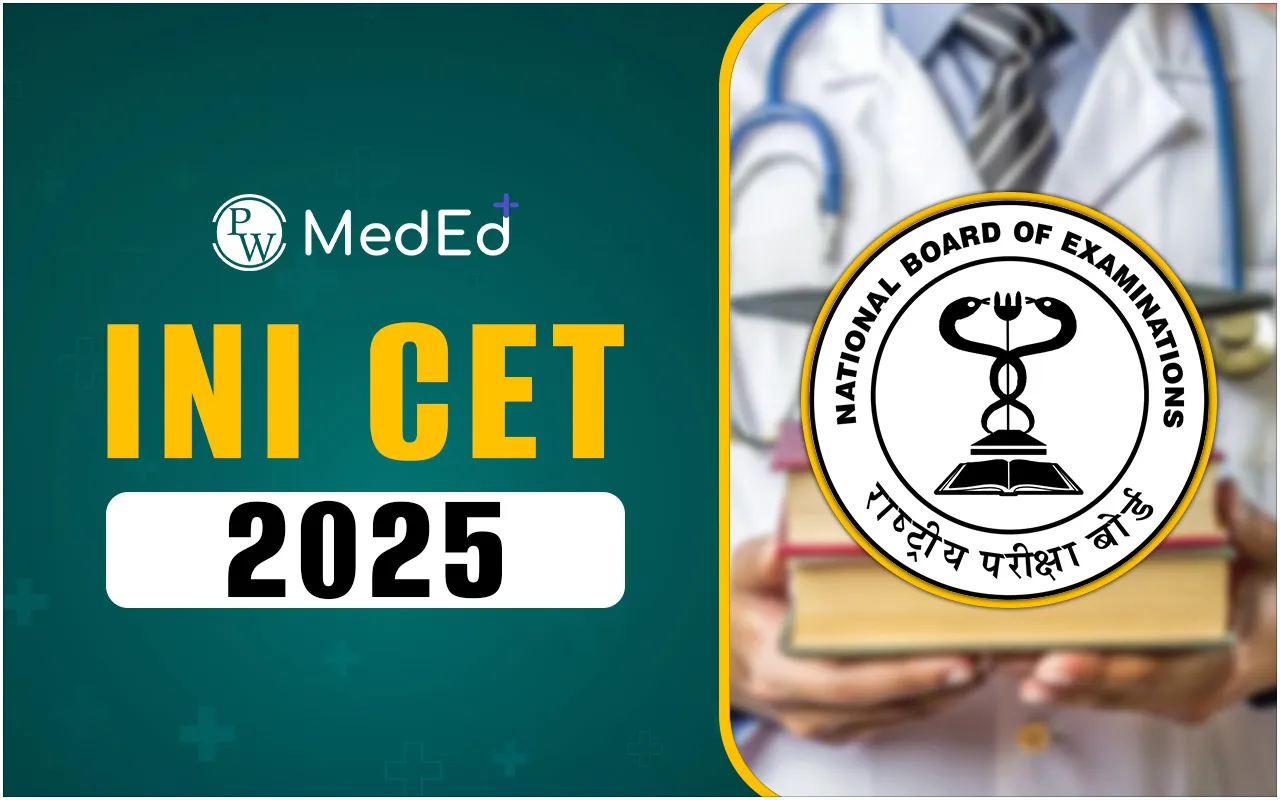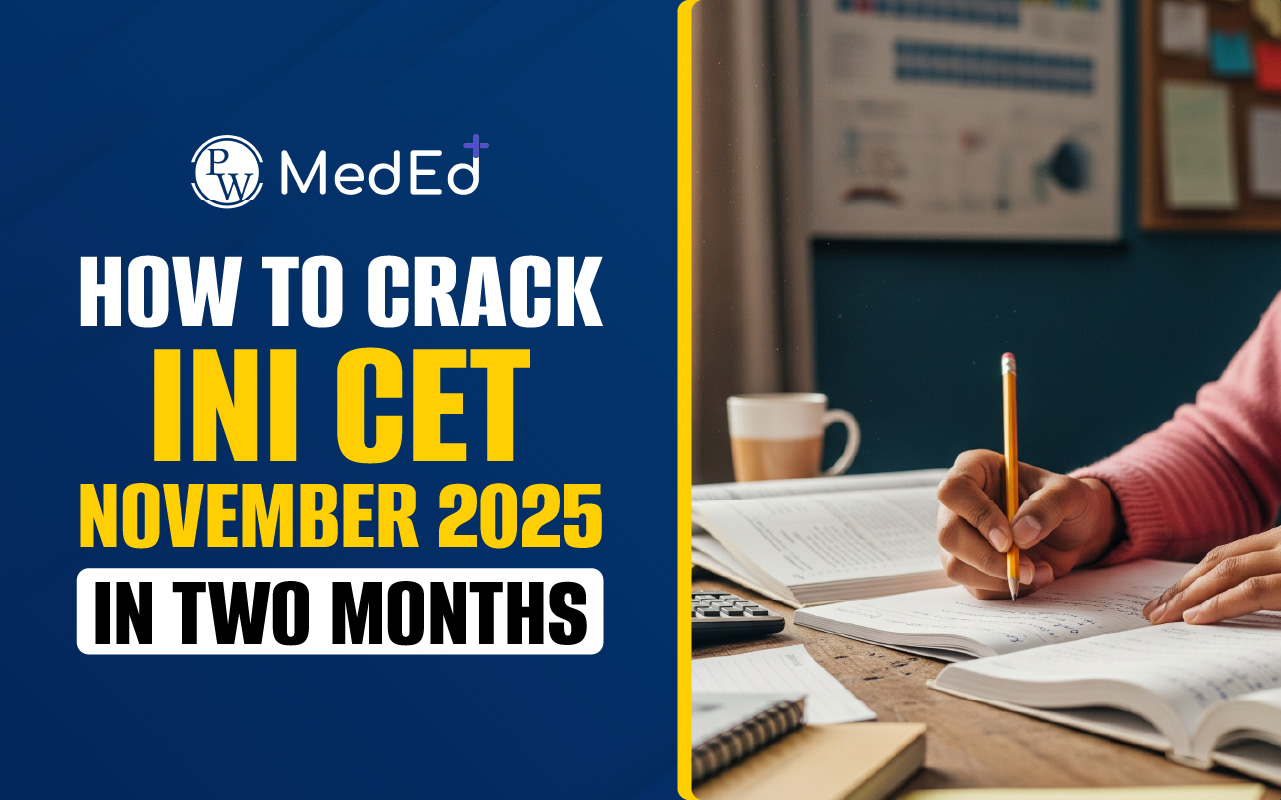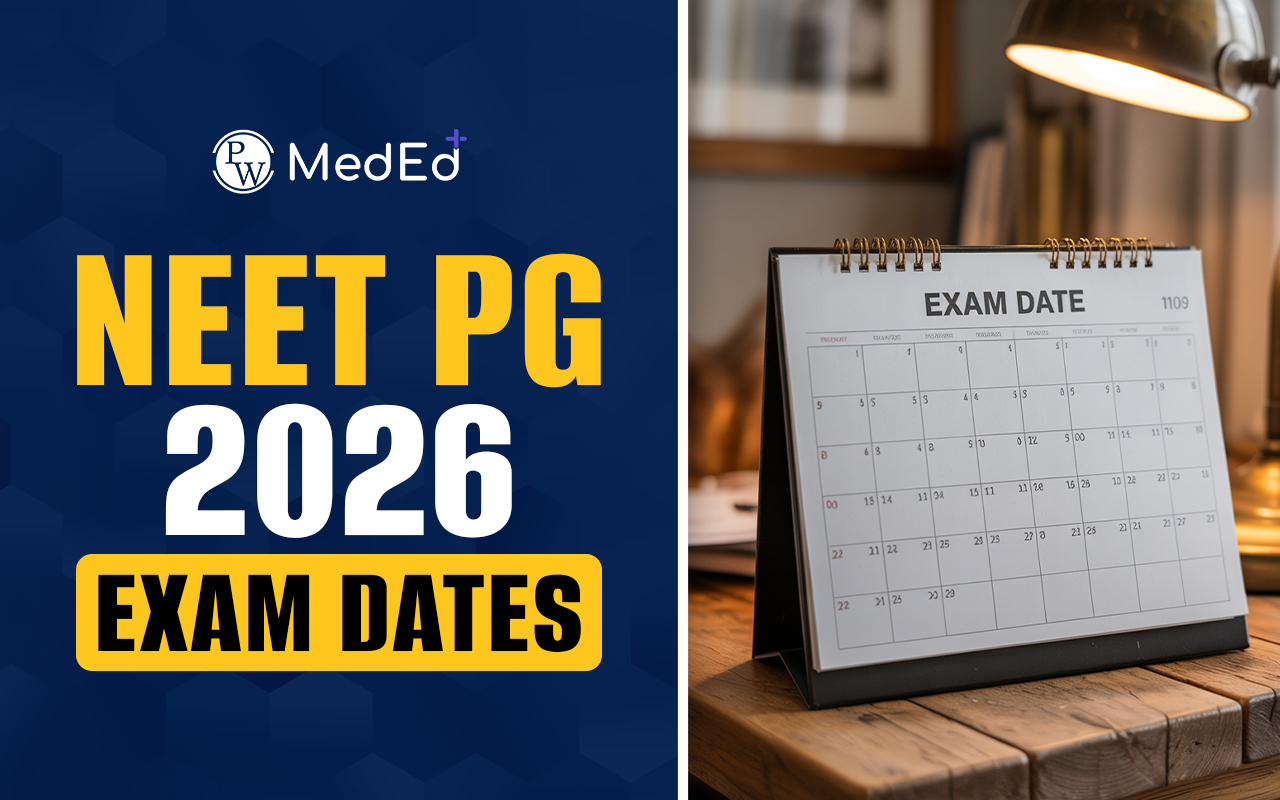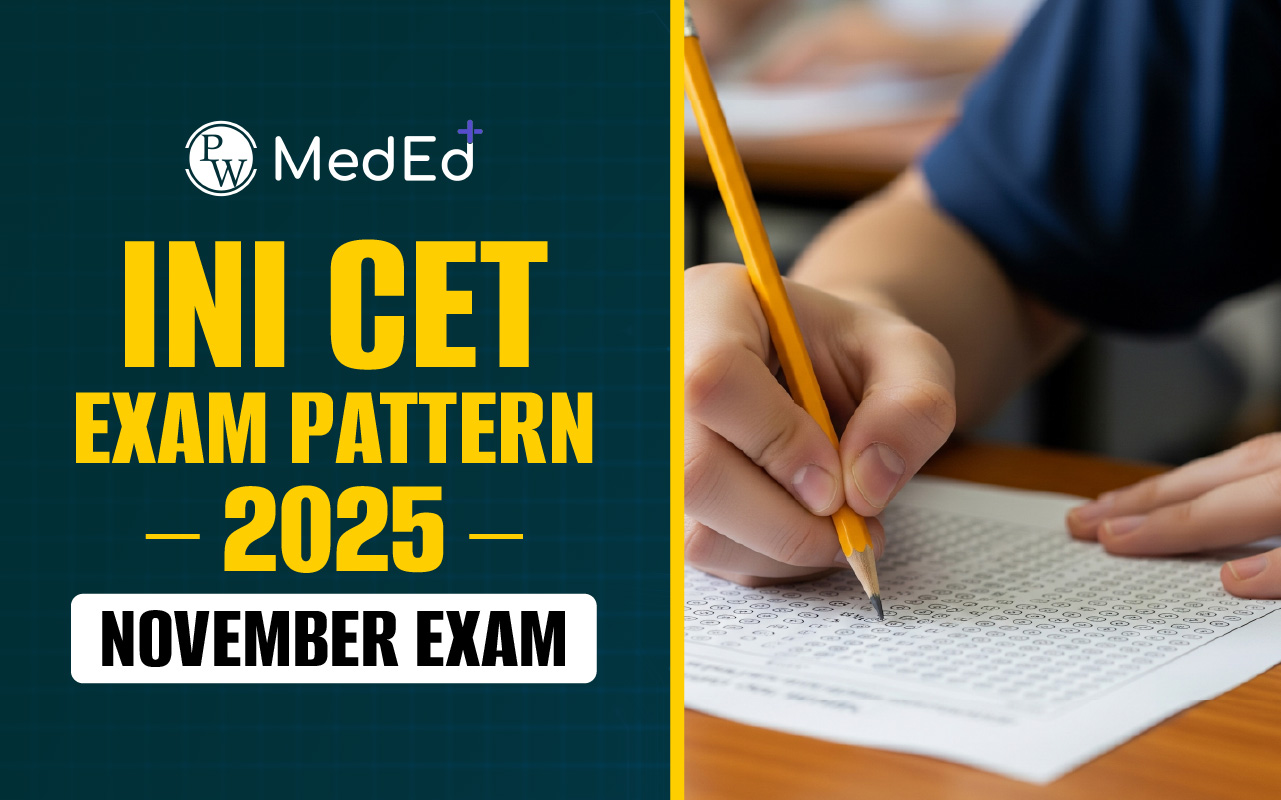
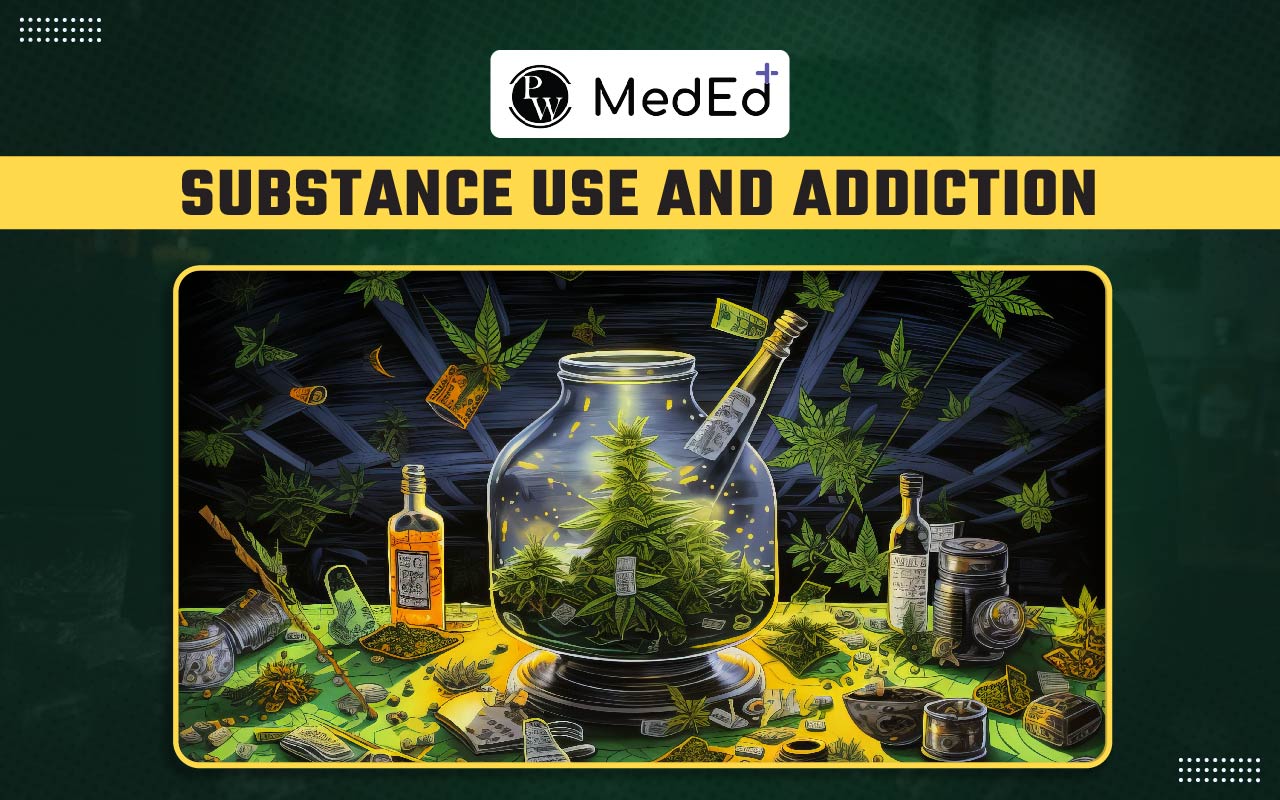
Substance Use and Addiction: Substance use refers to an unusual pattern of using substances or drugs that can have a severe impact on physical and mental health. Addiction to substances can alter a person's brain and behavior and make them unable to control the use of such chemicals, either legally or illegally, even though they are aware that it causes severe harm to them.
Substance use and Addiction can lead to disastrous consequences in personal, social, academic, and work life . Assistance from medical professionals, relatives, friends, and support groups is necessary to help individuals overcome this problem and improve their quality of life.What are Substances?
Drugs that have the potential for Addiction are called substances. These may include the following products:- Alcohol
- Marijuana
- Sedatives or anti-anxiety drugs
- Methamphetamine
- Cocaine
- Heroin
- Opium
- Hallucinogens
- Inhalants
Addiction to Substances
Addiction to substances is manifested by a compulsive or hard-to-control urge for drug usage despite knowing its adverse effects. Drug addiction can begin with experimenting with recreational drug use in social settings, which becomes more frequent afterward. Some people develop a drug addiction when they have an over-dependence on prescribed medications to get some relief, either physically or mentally. Addiction to substances gradually affects brain chemistry and makes it difficult for a person to exercise self-control to resist the intense cravings for drugs.How Does Addiction Happen?
When these substances are taken, they stimulate the brain's reward system and flood it with the chemical dopamine, which leads to sensations of pleasure and feeling good. It thus becomes a cycle and encourages people to keep doing the same activities because they reward you with good feelings. Addiction happens when someone eventually requires higher dosages of the substance to feel good. The addiction liability is dependent on several factors, such as:- How the drug is consumed (e.g., by injection, inhalation, or oral means).
- The speed at which the drug affects your brain's reward system by passing across the blood-brain barrier.
- The time taken by the substance to start working.
- The capacity of the drug to cause tolerance and withdrawal signs.
Factors that Influence Drug Use and Addiction
The likelihood that using drugs will result in Addiction depends on several risk factors. Susceptibility to substance addiction varies from person to person and can be influenced by genetic factors, mental health, family background, and social environment. The risk factors that can make you more vulnerable to drug addictions include the following:- Biological factors: The genetic link contributes approximately 50% of an individual's risk of Addiction. Risk factors for drug use and Addiction may also include gender, ethnicity, and the existence of any mental issues.
- Environmental factors : A person's environment includes a wide range of factors, such as their friends and family, their financial situation, and their overall standard of living. A person's risk of becoming addicted can be significantly influenced by peer pressure, physical and sexual abuse, early drug exposure, stress, and parental supervision.
- Developmental factors: Crucial developmental phases in an individual's life can influence Addiction to drugs. Teenagers may be particularly vulnerable because their judgment, self-control, and decision-making are still growing.
Symptoms of Substance Use and Addiction
The symptoms that indicate someone is using drugs or alcohol can vary slightly from person to person. The most typical actions could be as follows:- Feeling compelled to use the drug frequently.
- Experiencing intense cravings for drugs without showing interest in other things.
- Particular drugs have become increasingly necessary to get relief.
- Taking the substance in greater doses and for a longer time.
- Make sure that you have a sufficient supply of the substance.
- Cutting back on social or recreational activities due to drug usage.
- Please continue using the substance even though it is negatively impacting your health.
- Engaging in desperate actions to get a supply of drugs.
- Engaging in other hazardous tasks while under the influence of substances.
- It took a lot of effort and time to obtain the substance.
- Exhibiting hostile behaviors when not getting the supply of drugs.
Warning Signs of Substance Use
A person under the influence of drugs or specific harmful substances may typically exhibit the following warning signs:- Physical Indications
- Behavioral Indications
- Psychological Indications
- Eyes with bloodshot and unusually big or small pupils.
- Alterations in eating or sleeping habits.
- Unexpected weight gain or reduction.
- Decline in personal hygiene routines.
- Odd odors come from the body, clothes, or breath.
- Trembling, trouble with balance and verbal communication
- Declines in performance at a job or in school.
- Unexpected financial difficulties.
- Acting in a suspicious or unfriendly manner.
- An unexpected shift in activities, interests, hobbies, etc.
- Unusual shift in personality.
- Unforeseen changes in mood and attitude.
- Instances of anxiety or hyperactivity.
- Lack of motivation.
- Appears lethargic, apprehensive, or depressed.
Diagnosis of Substance Use and Addiction
A qualified mental health professional, such as a psychiatrist, can diagnose substance use disorder based on a detailed assessment of the person's drug-related behaviors and medical history. Clinical results are often dependent on the substance, the frequency of use, and the duration of substance use. Doctors typically look for the following indicators to diagnose substance addiction:- Loss of weight
- Ongoing exhaustion
- Red eyes
- Minimal attention to hygiene
- Abnormal variations in blood pressure or heart rate
- Problems sleeping
- Anxiety and depression
- Tendency to remain secluded
Treatment of Substance Use and Addiction
Each patient is unique, and they may require different kinds of treatment for drug abuse. Substance use disorder is a chronic condition with the potential for both recovery and recurrence, so treatment frequently requires ongoing care and attention. There are a variety of treatment or recovery programs available, but the three primary modes of treatment are as follows:- Detoxification: It is the process of getting rid of specific substances while managing the symptoms of withdrawal.
- Behavioral and cognitive therapy involves group meetings and psychological support systems to bring lifestyle changes.
- Medication assistance: Continued medical support and supervision is implemented for recovery.
How does substance use affect your brain chemistry?
When you take the drugs, dopamine is released into your brain in excess, which results in pleasurable and rewarding feelings. These emotions make your brain crave the same feeling repeatedly.
Do prescribed medicines also lead to addictions?
Yes, drug addiction can happen from prescribed medicines such as tranquilizers, painkillers, and sleeping pills.
What is a relapse of an addiction?
Relapse is the tendency to return to drug usage habits even after recovery and quitting the use for a long time. Therefore, it requires more extensive and different modes of treatment.
How long does addiction treatment usually continue?
There is no fixed time frame for how a person responds positively to a treatment for Addiction.
Talk to a counsellorHave doubts? Our support team will be happy to assist you!

Check out these Related Articles
Free Learning Resources
PW Books
Notes (Class 10-12)
PW Study Materials
Notes (Class 6-9)
Ncert Solutions
Govt Exams
Class 6th to 12th Online Courses
Govt Job Exams Courses
UPSC Coaching
Defence Exam Coaching
Gate Exam Coaching
Other Exams
Know about Physics Wallah
Physics Wallah is an Indian edtech platform that provides accessible & comprehensive learning experiences to students from Class 6th to postgraduate level. We also provide extensive NCERT solutions, sample paper, NEET, JEE Mains, BITSAT previous year papers & more such resources to students. Physics Wallah also caters to over 3.5 million registered students and over 78 lakh+ Youtube subscribers with 4.8 rating on its app.
We Stand Out because
We provide students with intensive courses with India’s qualified & experienced faculties & mentors. PW strives to make the learning experience comprehensive and accessible for students of all sections of society. We believe in empowering every single student who couldn't dream of a good career in engineering and medical field earlier.
Our Key Focus Areas
Physics Wallah's main focus is to make the learning experience as economical as possible for all students. With our affordable courses like Lakshya, Udaan and Arjuna and many others, we have been able to provide a platform for lakhs of aspirants. From providing Chemistry, Maths, Physics formula to giving e-books of eminent authors like RD Sharma, RS Aggarwal and Lakhmir Singh, PW focuses on every single student's need for preparation.
What Makes Us Different
Physics Wallah strives to develop a comprehensive pedagogical structure for students, where they get a state-of-the-art learning experience with study material and resources. Apart from catering students preparing for JEE Mains and NEET, PW also provides study material for each state board like Uttar Pradesh, Bihar, and others
Copyright © 2025 Physicswallah Limited All rights reserved.
